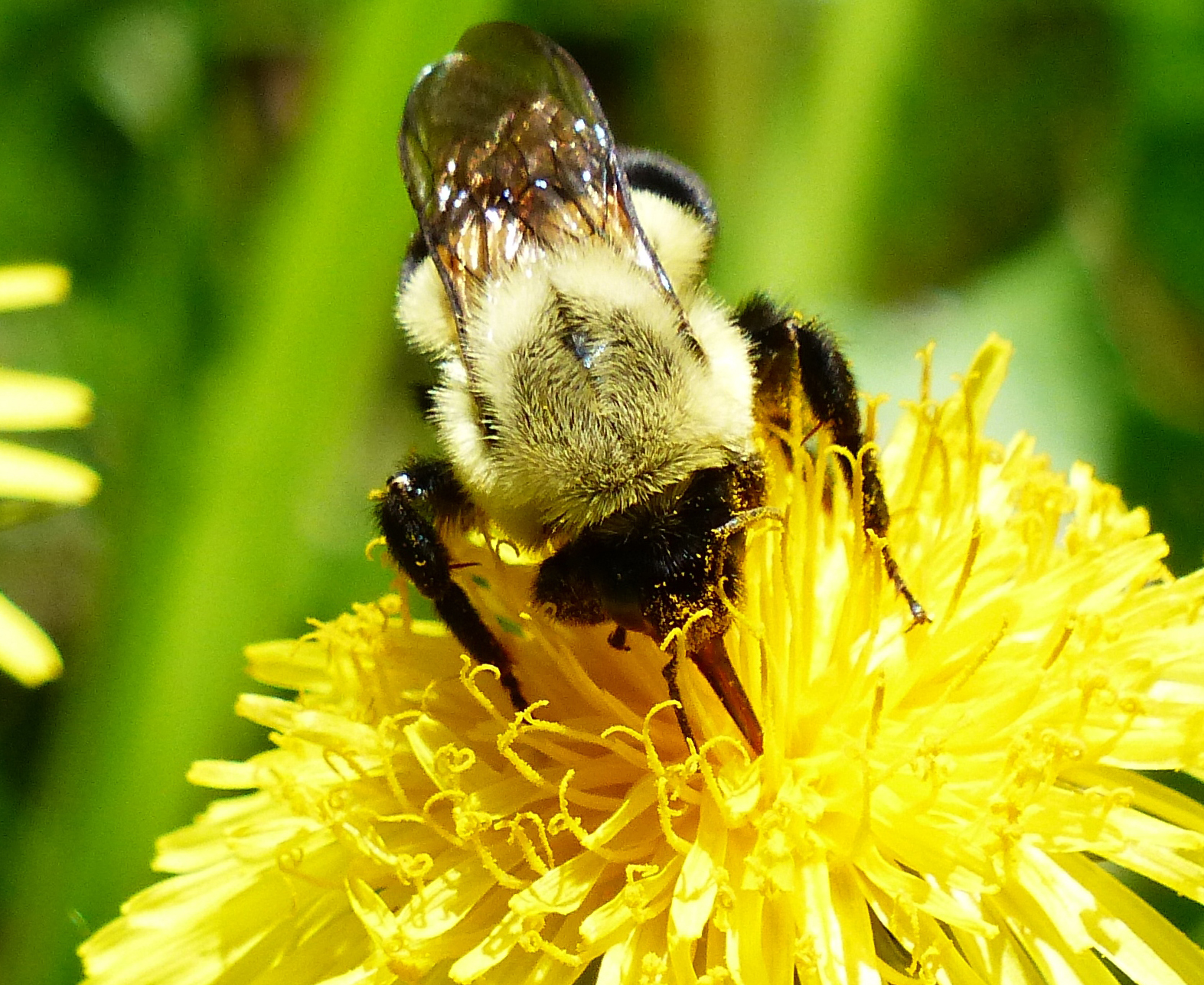Pesticide reduces bumblebee colony initiation and increases probability of population extinction

By Gemma L. Baron, Vincent A. A. Jansen, Mark J. F. Brown and Nigel E. Raine — Nature Ecology and Evolution
Pollinators are in global decline and agricultural pesticides are a potential driver of this. Recent studies have suggested that pesticides may significantly impact bumblebee colonies—an important and declining group of pollinators.
Here, we show that colony-founding queens, a critical yet vulnerable stage of the bumblebee lifecycle, are less likely to initiate a colony after expo- sure to thiamethoxam, a neonicotinoid insecticide. Bombus terrestris queens were exposed to field-relevant levels of thiameth- oxam and two natural stressors: the parasite Crithidia bombi and varying hibernation durations.
Exposure to thiamethoxam caused a 26% reduction in the proportion of queens that laid eggs, and advanced the timing of colony initiation, although we did not detect impacts of any experimental treatment on the ability of queens to produce adult offspring during the 14-week experi- mental period. As expected from previous studies, the hibernation duration also had an impact on egg laying, but there was no significant interaction with insecticide treatment.
Modelling the impacts of a 26% reduction in colony founding on population dynamics dramatically increased the likelihood of population extinction. This shows that neonicotinoids can affect this critical stage in the bumblebee lifecycle and may have significant impacts on population dynamics.









Leave a Reply